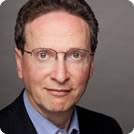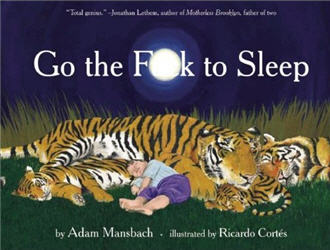Doctor, You Should Write A Book...Or Should You?
 As a physician, there are many good reasons to write a book that draws upon your expertise.
As a physician, there are many good reasons to write a book that draws upon your expertise.
For example, physician authors I've had the pleasure of working with have:
- Developed their keynote speaking opportunities
- Secured large increases in research funding for their projects
- Grown their practices (even when that may not have been their goal!)
- Shifted their one-on-one practice to one that is based on offering courses, teleseminars, information products or other models that have given them more freedom in how they use their time
- Landed on national TV and become sought after for their expertise--both by media and conference planners.
And much more.
But should you really write a book? Not necessarily. Only if you can answer "yes" to the following 5 questions:
- You have a new perspective, fresh voice, something new to offer, proven system, compelling success stories or address an audience that has not been served well by other books.
- You're committed to put time aside consistently to get the writing done.
- You're interested in writing--even if you don't think you're a great writer, you don't dread it!
- You're willing to learn something about the industry and get input from experts (more on this in a moment)
- You're willing to actually promote the book--whether through a blog, online course, speaking or some other venue--and you'll need to start building your following before the book is even published--often before you even get a book deal.
If you do decide to write a book, where do you start? My top recommendation is the CME publishing course through Harvard Medical School. There, you'll get a sense of the specifics required--from how to write a book proposal to how to write for a trade audience to how to develop your following. You'll also have the opportunity to meet top agents and publishers looking for books on health-related subjects. As faculty these folks are not just there to hear your pitch but also to help you formulate your book concept. You'll also meet course director, Julie Silver, MD, as well as professionals who can help you get the pieces that may be missing in your background--whether it's help with learning to write better and editing your manuscript, formulating the book concept or developing an online following.
If you're even thinking of writing a book, I highly recommend this immersion into the book writing and publishing world, March 14-16 in Boston, MA. See you there?
 Email This Article tagged:
Email This Article tagged:  Book writing,
Book writing,  Harvard Medical School,
Harvard Medical School,  Julie Silver,
Julie Silver,  income streams,
income streams,  information products,
information products,  keynote speaking,
keynote speaking,  publishing,
publishing,  research funding,
research funding,  write a book |
write a book |  Nov 29, 6:27 PM
Nov 29, 6:27 PM 










